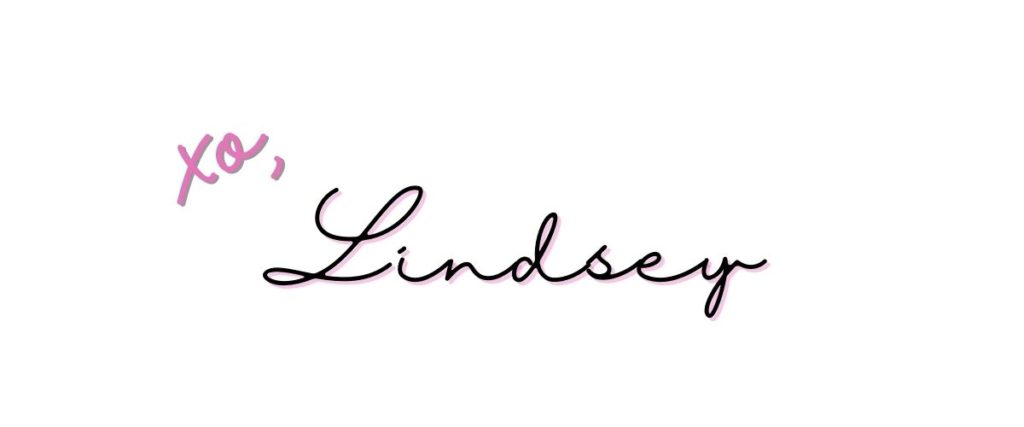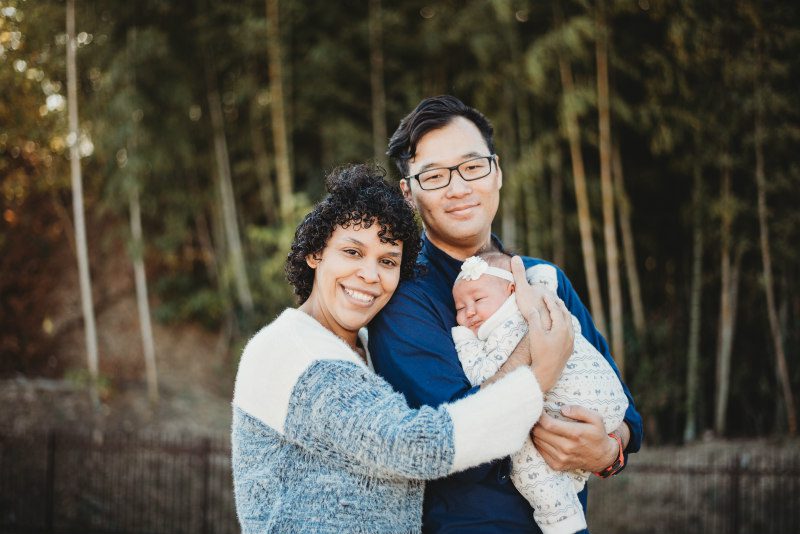Sharing is caring!
I recently connected with blogger LaShawn of The Yokohama Life.
LaShawn has a fantastic blog about her life in Japan, and she recently had a baby there. I had the opportunity to interview about her birth in Japan, and was fascinated by all of the differences.
Interview with LaShawn
First, let’s learn a little about you! Where do you currently live, and where did you grow up? What brought you to Japan?
My name is LaShawn and I was born and raised in Maryland, US. I graduated from university in May 2010–right in the middle of a recession–and struggled to find work like many people during that time. I found a job at a bank, but quickly realized that it just wasn’t for me. I sold most of my possessions, and bought a plane ticket to China to join some friends that were teaching English there. I quickly realized that was also a mistake, and two weeks later I landed in Japan to start a new job teaching young children in the countryside.
It was April 2011 when I first arrived, and just one month after the Great Touhoku Earthquake. Buildings and roads were still damaged, and Japan was still experiencing aftershocks almost every day. My family and friends all thought I was crazy for going. I remember looking at the light swinging back and forth from the ceiling of my hotel room and thinking maybe they were right.
I had dreamed for many years about living in Japan and wasn’t about to be scared off.
I was determined to stay here for at least a year or two, but somehow it turned into nine! My family and friends have given up on asking when I’ll return home, because they finally realized that Japan is my home.
I have a stable job teaching English at a nearby university. I also have a wonderful husband, two cats, and a beautiful daughter that we just welcomed into our lives. My main focus in life is raising her as best as I can in a culture that I’m still learning about myself.
What has been the biggest culture shock moment for you since moving to Japan?
There have been countless times that I’ve experienced culture shock since moving to Japan. The school systems are vastly different. Cafeterias are not a thing, and students serve meals to each other inside of classrooms. They also arrive much earlier and stay later than American students due to their extracurricular activities.
It was also very shocking transitioning from a debit and credit card swiping economy in the US to one that heavily relies on cash in Japan. I had to get used to counting out exact change, or as close as possible to avoid having my wallet get weighed down by coins. After 9 years of paying for everything by cash, using a card to pay for something when I visit the US feels kind of like a scam to me. It’s like I’m not using real money even though that was my preferred method of payment before I left the country.
However, the greatest culture shock moment for me occurred on January 1, 2019.
My husband had caught a stomach virus a few days prior, and although I tried my best to not catch it while tending to him, I woke up that morning feeling absolutely horrible.
I was nauseous, my stomach was cramping horribly, and I felt like I was going to vomit at any moment. I ran up to the bathroom and basically, things were coming out of both ends (sorry if this is considered graphic)!
I could hear my blood pulsating through my ears and the sides of my face went icy cold and numb. The next thing I knew, my vision went completely black, and I felt my head hit the floor, but I couldn’t do anything about it.
My husband rushed to me and called an ambulance. One quickly arrived within a few minutes and swept me off to the hospital. I was conscious while riding inside of it and looked around in awe, because I had never been in an ambulance before. I was also looking around and wondering just how much this was going to cost me.
It took about 10 minutes to get to a hospital, and about 15 minutes before I was seen by a doctor. I was wide awake by this point and felt somewhat better after throwing up. I was examined by a doctor, given some medicine to take home, and was discharged around 30-40 minutes later.
Then came the dreaded moment. I had to walk up to the window to receive my bill. I knew from growing up in the US that ambulances are ridiculously expensive. Many people would rather call an Uber to take them to the hospital than to call 911.
So imagine my absolute shock when I saw that the total for the ambulance, examination, and medicine totaled to around $30.
Yes, only $30.
I was absolutely floored and couldn’t believe it. Universal healthcare is amazing and it’s one of the biggest reasons I’ve decided to make Japan my permanent home. Not only is it cheap for me and my husband to get medical treatment, but it’s completely free for my daughter all the way until high school.
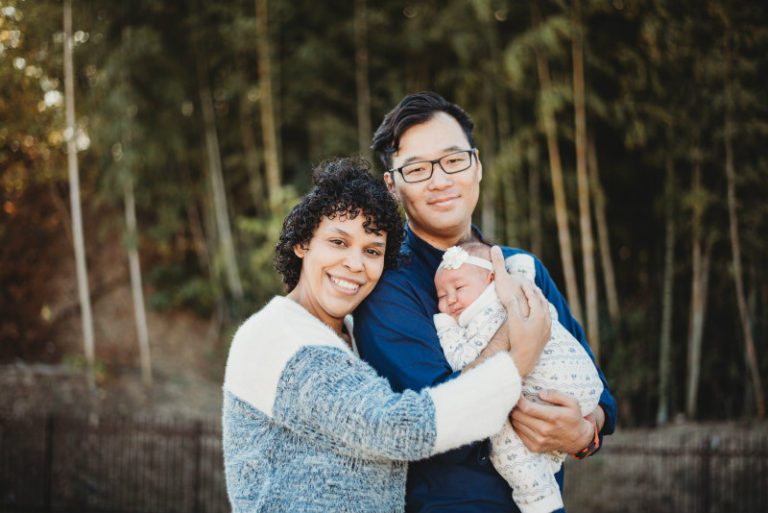
When I read your post about your birth story, I was SHOCKED at so many of the differences! What was the weirdest thing that you found to be different?
It’s hard to know what all is different, because I’ve only given birth once and don’t have any prior experiences to compare it to. I can only gauge what giving birth in the US is like based on videos I’ve watched and other accounts I’ve read.
I think the main differences would probably be pain management and the length of hospital stay. In Japan, it’s very unusual for hospitals to offer an epidural during labor and delivery. Japanese doctors believe that births should be unmedicated and as natural as possible—or so they say.
I was pressured by my doctor to have my baby two weeks early due to her “large” size. Japanese doctors are really strict with pregnant women about their weight gain, because they believe that it’s better and easier to give birth to smaller babies. It’s a very common practice to schedule your delivery date instead of waiting for labor to happen naturally.
My baby was just a little over 7 pounds when she was born. I was induced at 38 weeks and it was a decision that I ended up regretting, because it was excruciatingly painful. I chose one of the few hospitals in my area that offered an epidural, but it wasn’t administered until after a Foley Bulb was inserted, and I was given medicine the following morning to help with dilation.
The pain relief wasn’t that great, and the nurses had to get approval from the doctor to increase the strength.
Even then I still didn’t have the pain-free delivery I had hoped for. My daughter was born at 10:06 at night, and I spent a short time with her before a nurse whisked her off to the nursery.
I could have had her stay with me if I wanted, but I was exhausted and in a lot of pain. The doctor spent quite some time stitching me up, but didn’t really explain much during the process. He just said “otsukaresama” to me after he was finished, which means “thanks for the hard work”!
I had to stay in the delivery room for a while even after my husband and daughter were gone due to having a fever that the nurses wanted to monitor. Eventually, my temperature went down and I was taken to my private room where I stayed for the next 4 days. Every few hours someone came to my room to check my temperature, blood pressure, and how well I was healing.
The nurses took really amazing care of me. I know that nurses in the US are wonderful too, but most people can’t afford to stay in the hospital for 5-7 days after having a baby. In Japan, you need special permission to leave sooner than 4 days.
Meals were brought to my room 3 times a day, and the food was fabulous.
Everything was fresh, nutritionally balanced, and just overall delicious. My congratulatory meal from the hospital included wagyu steak, which is some of the best in the world, and it was certainly the best I had ever eaten in my life. I still dream about that steak!
I went to the nursery in the morning after breakfast to get my baby. She was in a little cart that I could wheel to my room or ask a nurse to bring her to me. I usually spent the day with her in my room, and then returned her to the nursery at night. I was surprised to find that she had already been given her first bath before I saw her the morning after the delivery. She already looked different from when I had first seen her!
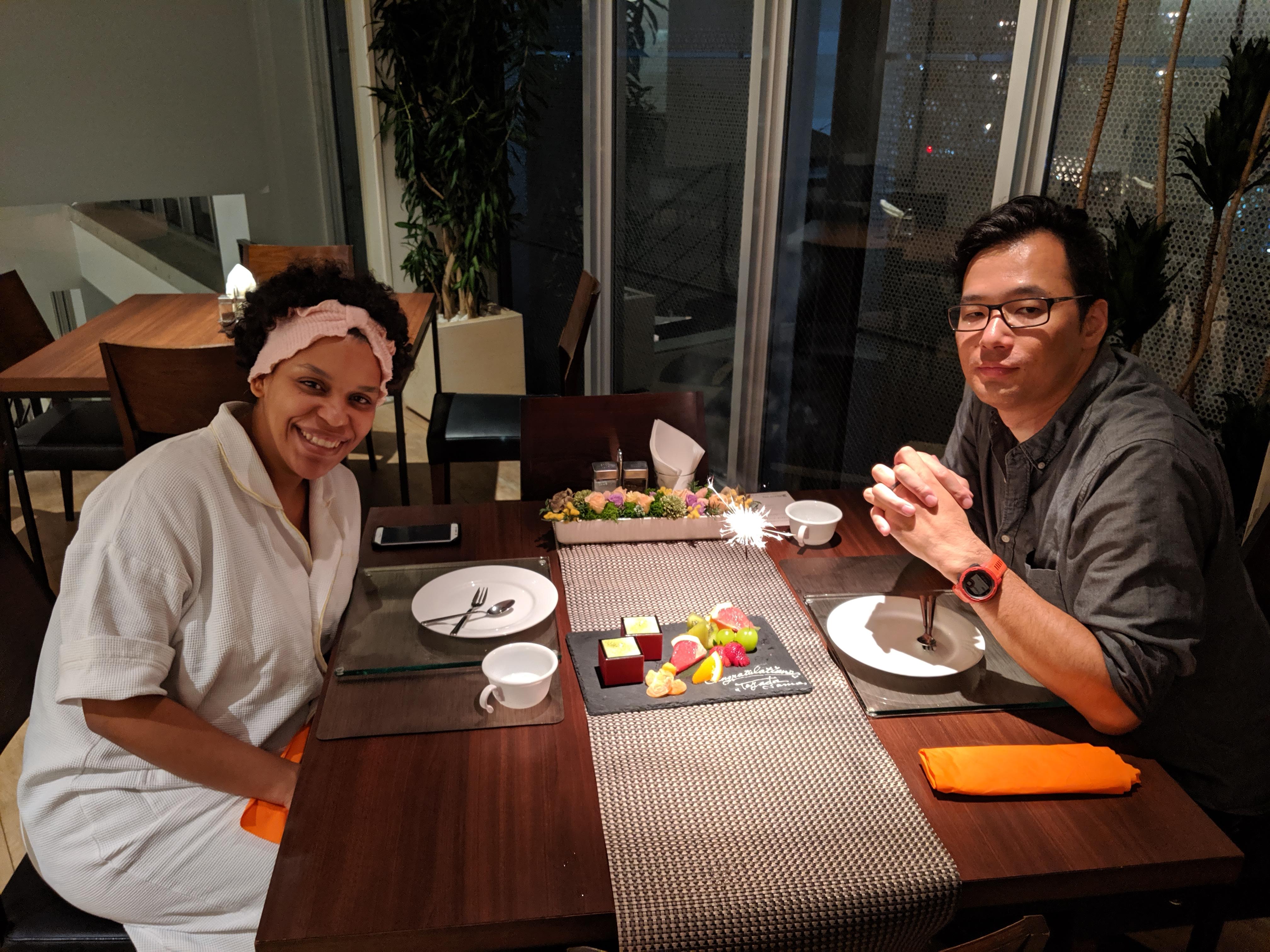
I read that the doctor was behind a curtain for all vaginal exams. Was this OK with you, or did you find it to be a bit awkward or impersonal? I don’t know if I’d like not being able to see what was happening!
Doctors usually ask if you would like the curtain open or closed. I always say that I don’t mind either way, and the doctors have opted to close it each time. I guess they assume that it’ll make me feel more comfortable, but it’s still a bit awkward. Especially when you can hear other people talking from the other side!
However, the chairs that they use for the examinations are much more comfortable than the tables and metal stirrups I had to use in the US. Here are some examples of what they’re like.
Did the doctor stay behind the curtain during delivery as well?
There was no curtain present in the delivery room. I gave birth on a table that was much larger than the chairs used for the prenatal exams. For most of the delivery, there was just one doctor and one nurse in the room. A second nurse was called in right before my daughter was born so she could record the delivery and I was given a DVD of it later.
It was still a bit awkward, but not as much as having a curtain!
I also read that epidurals are not a popular pain management option in Japan. Why do you think that is? When you requested one, did anyone make you feel bad or guilty about it?
Japanese doctors tend to believe that births should be as natural as possible—or so they say. Epidurals are seen as an unnecessary risk to women who aren’t expected to have any complications. The preferred method is to not use any pain management at all until after the delivery.
You can’t actually request an epidural at a regular hospital. It’s not an option at all unless you’re having a c-section. You have to specifically seek out private hospitals that do offer them, and there’s usually a waiting list because the demand for pain relief is increasing.
I wasn’t made to feel bad or guilty about it at the hospital I went to, because it was one of only 3 in my area that offered epidurals. All of the women that were there had chosen it for that reason, so the doctors and nurses were very accommodating.
Were any other pain management options offered to you?
I was given some regular pain killers during my recovery. The pain was unbearable the first day even after taking them, so I asked one of the nurses if I could receive something stronger. This may be TMI, but she put some kind of medicine up my butt and that gave me a lot more relief!
How involved was your husband in the birth? What is culturally “normal”?
My husband was there by my side for the whole labor and delivery. He had the pleasure of translating and interpreting everything from Japanese to English for me that I didn’t understand. I know that it was long and exhausting for him too, but at least he got to eat some of my delicious meals when I was too tired to!
Younger Japanese men tend to be more involved in the process. They’re usually present in the delivery room. Most just watch and offer words of comfort. Some are more active and will give massages, wipe the sweat off of their partner, and give them drinks or food as needed. On rarer occasions, they may even cut the umbilical cord. My husband wanted to, but the doctor did it quickly without asking.
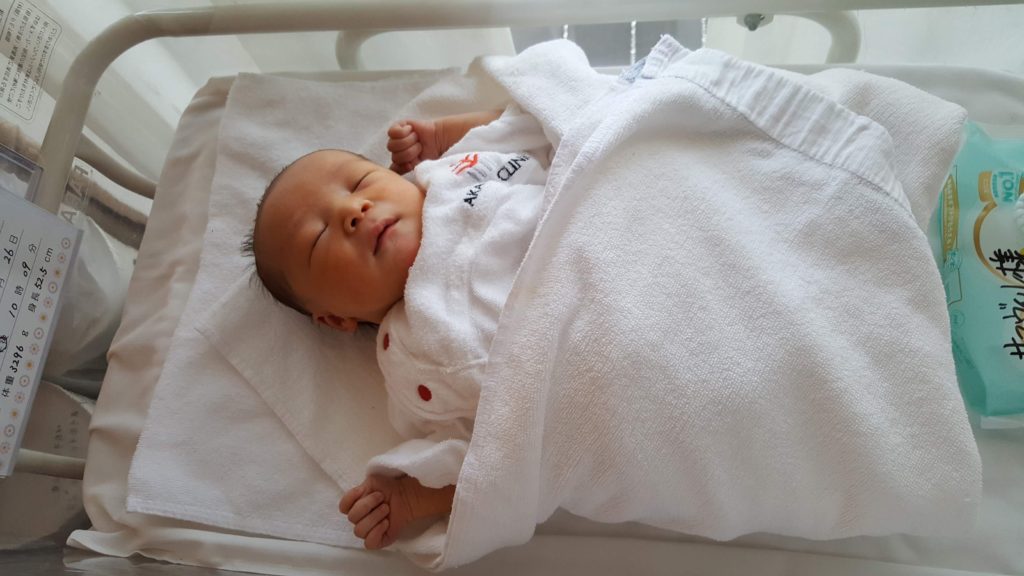
How was the process different than you expected? How was it similar?
I was surprised by how often ultrasounds were done here in Japan compared to the US. From the second trimester I had to go to the clinic every two weeks and got to see the baby. I also had my urine, blood pressure, and weight checked.
The doctors in Japan are really strict about how much weight you’re allowed to gain throughout the whole pregnancy. They become quite aggressive if you pass 10 kilograms (22 pounds), which I did.
Congratulations on your beautiful baby girl! How has raising her in Japan been different than it would be in the United States?
Thank you very much! I honestly feel like I made the right decision to have her here in Japan, because having up to a year of maternity leave has been a blessing. I get to spend every day with my little one and not miss out on any of her milestones. It would’ve been impossible to take so much time off without losing my job or ruining my finances in the US.
In Japan, you still receive 60% of your salary while on maternity and childcare leave. The father can take up to a year of paid time off as well. It saddens me that the US doesn’t have a similar system despite being a much wealthier nation.
I would love to spend time with my family in the US so they could bond with the baby, but I just can’t risk having a medical emergency there.
How do you think your experience of being a mother has different while living in Japan? What would be different if you were back in the US?
I have a lot of free time here without any pressure to work. It gives me so much relief as a new mom because I don’t have to worry about someone else taking care of my baby. I know she always feels safe and happy, because I’m always by her side, giving her the best care that I can.
I loved doing this interview with LaShawn! I was most shocked by the length of hospital stay and the wagyu steak! I love that they give parents a celebratory dinner — what a special memory!
What surprised you most?? Let me know in the comments below!
